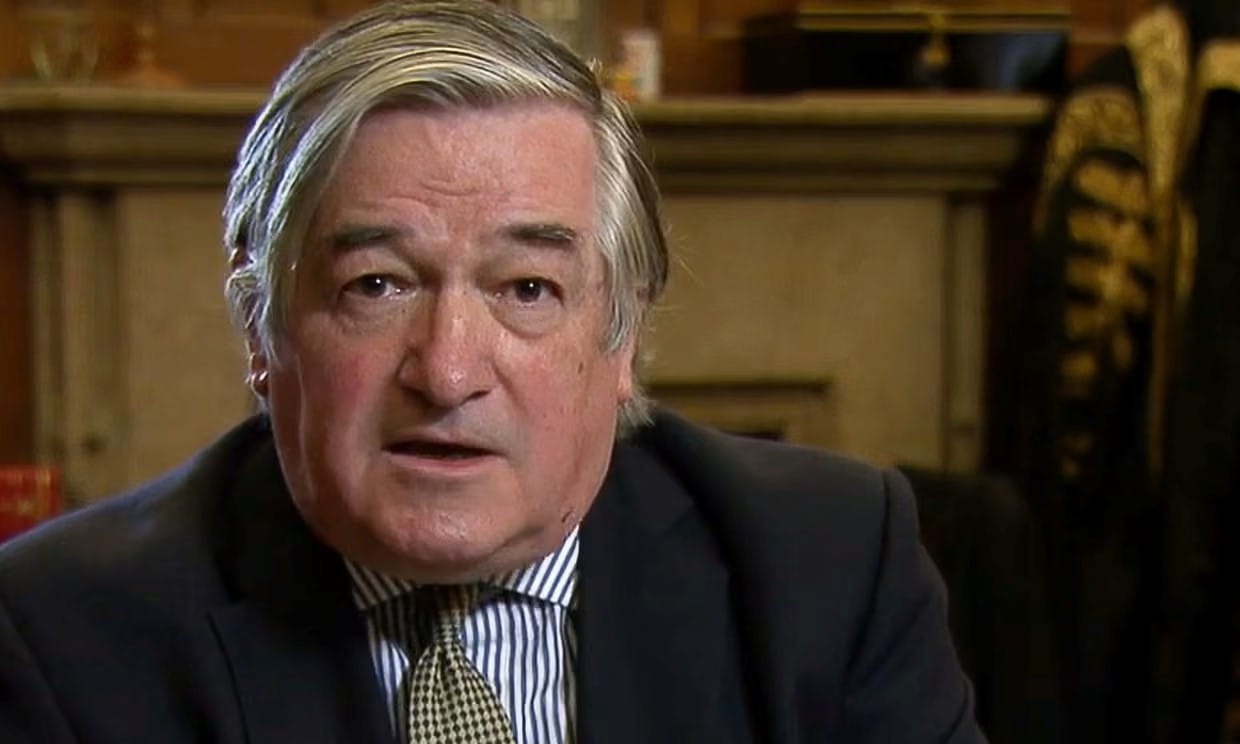Re HMP [2025] EWCA Civ 824
Carr LCJ, King LJ and Warby LJ. The Court of Appeal allowed an appeal against a disclosure order in concluded care proceedings, confirming that the open justice principle did not extend to media applications unconnected to the court's decision-making in the case.
Judgment date: 1 July 2025
https://caselaw.nationalarchives.gov.uk/ewca/civ/2025/824
Carr LCJ, King LJ and Warby LJ. The Court of Appeal allowed an appeal against a disclosure order in concluded care proceedings, confirming that the open justice principle did not extend to media applications unconnected to the court’s decision-making in the case.
Background and procedural history
The appeal followed care proceedings under the Children Act 1989; [3]. After the case concluded, the BBC applied for access to court documents and partial variation of reporting restrictions under s 12 of the Administration of Justice Act 1960. Lieven J granted the application, relying on Dring (on behalf of the Asbestos Victims Support Groups Forum UK) v Cape Intermediate Holdings Ltd (Media Lawyers Association intervening) [2019] UKSC 38; [2020] AC 629 (‘Dring’). She held that the public interest in transparency outweighed the children’s Article 8 rights, applying the balancing test in Re S (A Child) (Identification: Restrictions on Publication) [2004] UKHL 47; [2005] 1 AC 593; [3].
The BBC’s application was based on the mistaken belief that the children had been placed by the local authority with a carer, when in fact it had been a private fostering arrangement made by the mother before proceedings began; [10]–[11], [15]. The BBC amended its application to focus on broader reporting about private fostering and local authority oversight; [16]–[17]. The children’s guardian appealed the order, supported by the local authority and the children’s carer; [4]. Although the BBC later consented to the appeal being allowed on welfare grounds, the Court of Appeal proceeded to decide the legal issue; [6]–[7].
Scope of the open justice principle
The court held that the BBC’s application no longer related to the proceedings or to any matter decided by the court; [8]. Its aim was to investigate child protection practices outside the scope of the proceedings, which did not engage the open justice principle; [24].
The BBC did not explain how disclosure would promote public understanding of how the court reached its decision; [24]. It sought access for a broader journalistic purpose unconnected to the adjudicative role of the court; [24].
Lieven J had wrongly treated the Family Justice System as including agencies such as local authorities and schools; [25]. The court confirmed that open justice applies only to the judicial work of courts and tribunals; [26]. It does not justify disclosure for the purpose of examining public bodies that were not part of the court’s decision-making; [26].
Conclusion
The Court of Appeal confirmed that open justice cannot support disclosure where the application is unrelated to the court’s function. The appeal was allowed, and the order set aside; [32].





